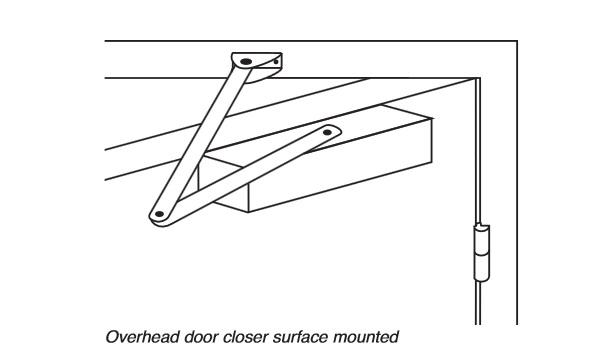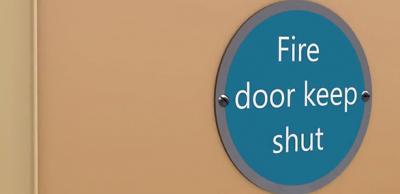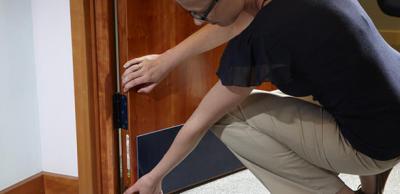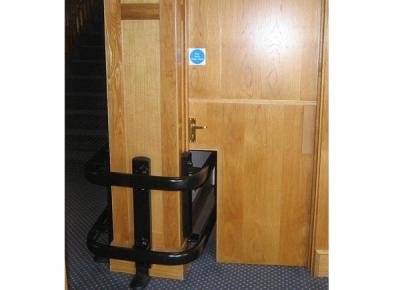New guide: Door closers on fire doors
Controlled door closing devices are commonly used in both domestic and commercial buildings. But did you know these devices have limitations when it comes to their effectiveness on fire doors? Installing the wrong device could prove costly or even fatal.
A new guide from the Door and Hardware Federation (DHF) offers useful information detailing key operating and performance statistics for fire door closers based on the requirements of BS EN 1154, which classifies door furniture using a six-digit coding system. The coding system covers type of use, mass of the door, fire behaviour, and resistance to corrosion.
There is a fire behaviour grade ranging from 1-4 that you must take note of when considering the mass of the door being used. Only those door closers achieving grade 3/4 are acceptable on a fire door. Lower-rated closers do not have sufficient closing power to ensure they will remain closed in fire situations.
Important considerations for door closers
- The door closer must be installed in accordance with the manufacturer’s installation instructions and should be capable of closing the door from any angle to which it may be opened
- The door closer should not include a hold open device unless it is an electrically powered device in accordance with EN 1155
- Control regulators should be either concealed or operable only by means of a tool
- The design of a door closer should be such that it is not possible to inhibit its closing action in any way without the use of a tool
- Any ‘delayed action’ function should be capable of adjustment to less than 25 seconds between the door closing angles of 120° and the end of the delay zone
- The door closer should have been incorporated in a door assembly that satisfied the appropriate criteria of a fire test. The test should have been on a full sized assembly in accordance with EN 1634-1.
- Where the door closer is intended for use with other, significantly different arm assemblies (for example slide tracks) which may be supplied separately, that combination should also be tested according to the requirements of EN 1154.
More details on the guide can be downloaded free of charge from the DHF website.
Sign up to the building bulletin newsletter
Over 48,000 construction professionals have already signed up for the LABC Building Bulletin.
Join them and receive useful tips, practical technical information and industry news by email once every 6 weeks.
Subscribe to the Building Bulletin




Comments
LABC Response
Submitted 1 year 4 months ago
Best,
LABC Team
Door Closers for Older Block
Submitted 1 year ago
We live in a 3 floor block of 15 flats, built around 1960.
All communal doors have closers on them, as well as the front doors to the block, but Is there a legal requirement to make all tennants retro fit door closers on their own front doors?
Steve
LABC Response
Submitted 1 year ago
Thank you for your enquiry.
As the blocks were built some 60 years ago then we would advise that a competent fire risk assessor comments on the fire precautions in terms of the risk. If there are then any upgrades to the existing fire doors, then as this is building work in terms of the building regulations, this would require an application to your LA prior to any work starting.
Best,
LABC Team
Ychwanegu sylw newydd